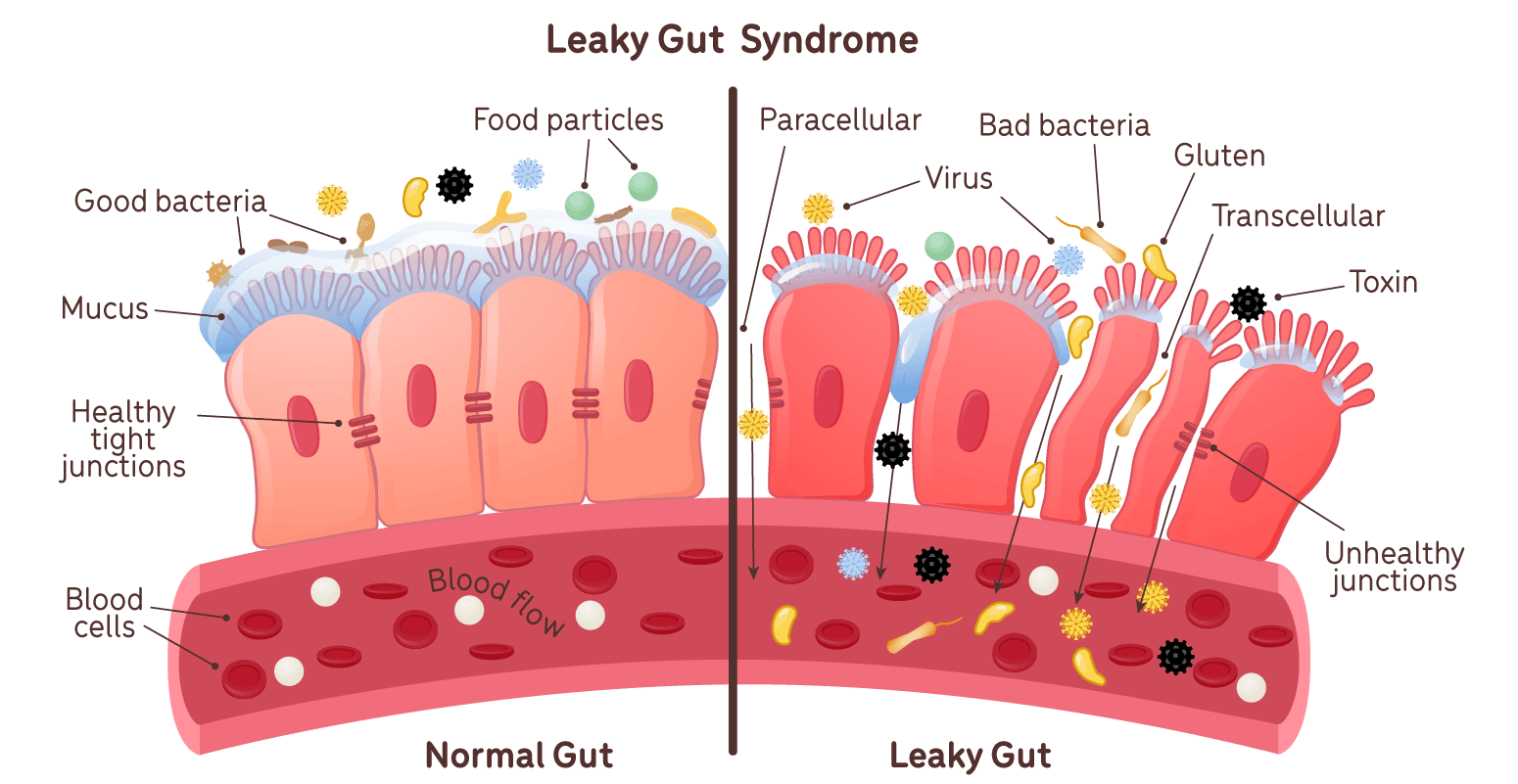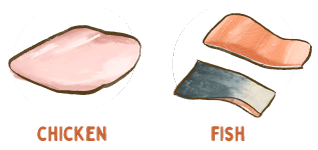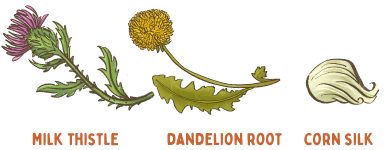Supporting Vital Organ Health in Dogs Through Nutrition

As a vet, one of the most important things I talk to pet parents about is prevention. We often think about keeping our dogs active, managing their weight, or booking regular health checks, but the role of the liver and kidneys is just as vital and it is something that is easy to overlook. These two organs are the body’s unsung heroes, quietly working around the clock to keep everything else in balance.
The liver filters toxins, metabolises nutrients, and helps manage hormones. The kidneys regulate fluid balance, blood pressure, and waste excretion. Without them working properly, a dog’s entire system is under strain. Over time, illness, age, or even diet can make their job harder, but the good news is that what we feed our dogs can make a meaningful difference in keeping them healthy for longer.
Why Prevention Matters for Liver and Kidney Health
I often use this analogy when explaining gut and organ health: imagine two streams of water running into a filter. One is crystal clear spring water, the other is dirty sewer water. Which would you rather your liver and kidneys have to deal with?

When the gut is not functioning well, often referred to as leaky gut, harmful substances can pass through the gut lining into the bloodstream. That means the liver and kidneys are left filtering sewer water, placing them under constant pressure. But when the gut is healthy, only the right nutrients and compounds make it through, so the liver and kidneys are filtering spring water instead. They are happier, healthier, and able to do their job more effectively.
This is why nutrition matters so much. By choosing foods that support the gut, reduce strain on the organs, and provide protective nutrients, we give these vital systems the chance to thrive.
How Food Can Support the Liver and Kidneys
I like to think of nutrition for organ health in three main categories: reducing strain, supporting detoxification, and providing protection.

1. Reducing Strain
When the kidneys are overworked, the whole system suffers. One way to ease their load is through gentle, lower phosphorus proteins. For example, chicken and certain fish are easier for the body to process than richer cuts, and this can make a real difference for dogs needing extra support.

2. Supporting Detoxification
The liver is constantly working to filter toxins and process hormones. Certain herbs and nutrients can give its detox pathways a boost. Milk thistle is one of my favourites, and it is not just traditional knowledge, it is supported by veterinary science.
In a 2021 peer reviewed study, researchers found that supplementation with silybin, the active component in milk thistle, led to significant reductions in liver enzymes (ALT, AST, GGT) and improved liver function markers in dogs with idiopathic liver disease, without affecting nutrient digestibility in healthy dogs.¹ This highlights how functional ingredients can genuinely assist the liver’s natural processes, especially when integrated into a balanced diet.
Other botanicals such as dandelion root and corn silk have also been used traditionally to support fluid balance and detoxification, adding to the preventative toolkit.

3. Providing Protection
The liver and kidneys, like all organs, are vulnerable to oxidative stress and inflammation. That is why antioxidants and omega three fatty acids are so valuable. Foods like blueberries, broccoli sprouts, and beetroot provide a wide range of antioxidants that help protect cells. Anti inflammatory nutrients such as turmeric (when combined with black pepper for absorption) and omega threes from fish and flaxseed oil add another layer of resilience.
Read more about the benefits of each ingredient here:
Putting Principles Into Practice

What I find exciting is seeing how these principles are being built into modern pet nutrition. Take Big Dog’s specialised care range Nourish Nutrition Optimal Support recipe as an example: it combines gentle proteins, liver supportive herbs, gut friendly fibres like green banana, probiotics, and antioxidant rich plants, all in a complete and balanced meal.
I do not see it as a cure or a treatment, but as a practical way for pet parents to put prevention into daily practice. Every meal is an opportunity to either add to the organs’ workload or lighten it, and choosing foods that help reduce strain, support detoxification, and provide protection means you are tipping the balance in your dog’s favour.
Feeding With Prevention in Mind

If you are thinking about prevention, there are a few simple guidelines I always share:
• Transition slowly when changing diets, about seven to ten days gives the gut microbiome time to adjust.
• Rotate meals when possible, variety supports a wider spread of nutrients and helps maintain a diverse microbiome.
• Pay attention to outward markers, things like coat shine, appetite, stool quality, and energy are often the best early indicators of how well organs are coping inside.

Prevention does not need to be complicated, it is about small, consistent choices that set your dog up for long term health.
The Bigger Picture
Food is not the only part of prevention. Maintaining a healthy weight, providing regular exercise, and keeping up with vet checks are all essential. But nutrition is something we give our dogs every single day, which makes it one of the most powerful tools we have.
By choosing foods that actively reduce strain, support detoxification, and protect organ tissues, we give the liver and kidneys the space they need to keep doing their vital work. And when our dogs’ vital organs are happy, the rest of the body thrives too.
About the Author - Dr. Nicole Rous

Dr. Nicole Rous completed her degree with Honours from the University of Sydney in 2008. She initially worked in the UK before returning to small animal practice in Melbourne, Australia. Dr. Nicole has a keen interest in animal reproduction and has been granted Membership with the Australian and New Zealand College of Veterinary Scientists in this specialty. She is also passionate about complementary therapies such as massage and enjoys discussing ways to enhance pets' overall well-being and quality of life.
In August 2021, Dr. Nicole joined the Mont Albert Veterinary Surgery team as a director and continues to provide exceptional care to her patients. She is dedicated to utilising her knowledge and experience to assist pets in living longer, healthier, and happier lives.
Dr. Nicole's commitment to providing natural and holistic health practices for pets inspired her to establish Shy Tiger, a company that offers natural pet products made from premium ingredients sourced primarily from Australian farms and producers. Her expertise in natural health practices and dedication to providing excellent care to her patients make her a reliable partner for pet owners in Melbourne and beyond.
Reference
Masuda, Masaru, Rie Kimura, Takeshi Koide, Takafumi Nakayama, Yuji Sato, and Shunsuke Yamashita. “Evaluation of the Hepatoprotective Effects of Silybin in Dogs.” BMC Veterinary Research 17, no. 1 (2021): 29. https://doi.org/10.1186/s12917-021-02929-3.
